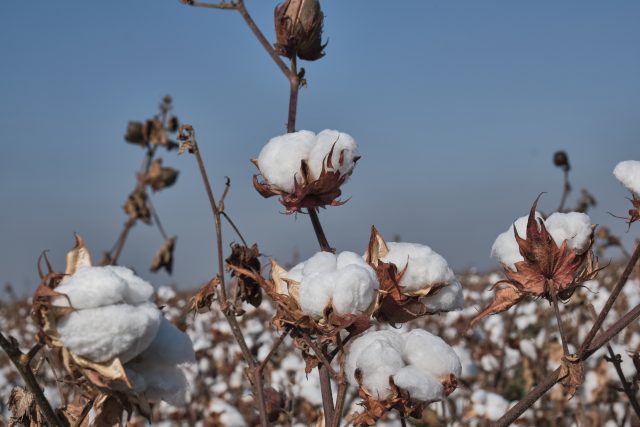
Uzbekistan, a leading global cotton producer, has officially begun its 2024 cotton harvest. This season nearly four million tons of raw cotton are expected from one million hectares of land, managed by 142 cotton-textile clusters across the country’s main agricultural regions. Since eliminating child and forced labor and the subsequent lifting of the global boycott by the Cotton Campaign in 2022, Uzbekistan has been making gradual progress in adopting international labor standards to improve compliance and build trust in the global market.
Advancing Labor Standards in Uzbekistan’s Cotton Industry
Uzbekistan’s achievements in modernizing its cotton industry in a short time are remarkable, but both the transition to privatization and adoption of international labor standards have also come with challenges. To support this critical transition process, the Center for International Private Enterprise and the Solidarity Center joined forces under the “Enhancing Transparency and Accountability in Uzbekistan’s Cotton Industry” program funded by the US Department of Labor.
CIPE and Solidarity Center bring distinct yet complementary expertise in promoting the free development of labor movements, business associations, and open, accountable markets that uphold internationally recognized labor rights.
The program aims to support local cotton cluster owners and workers to build stronger labor relations, business practices, and compliance systems that benefit both sides and serve their shared goal of attracting international investment. CIPE and Solidarity Center bring distinct yet complementary expertise in promoting the free development of labor movements, business associations, and open, accountable markets that uphold internationally recognized labor rights.
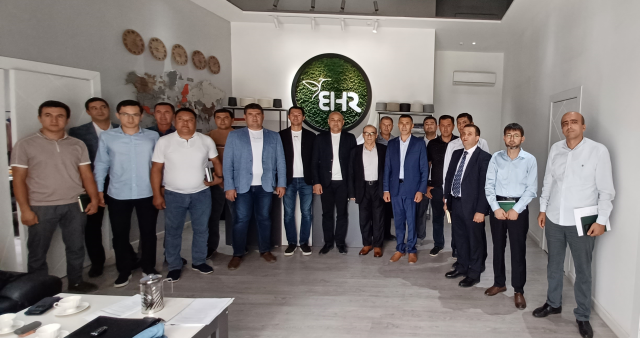
Since January 2024, CIPE has been working at the enterprise level to increase awareness and support the implementation of international labor standards in cotton clusters. It has provided tailored trainings to two pilot clusters. These trainings were conducted to help managers understand new legal frameworks, including Uzbekistan’s updated Labor Code, and navigate international audit requirements, ensuring that their operations comply with global standards.
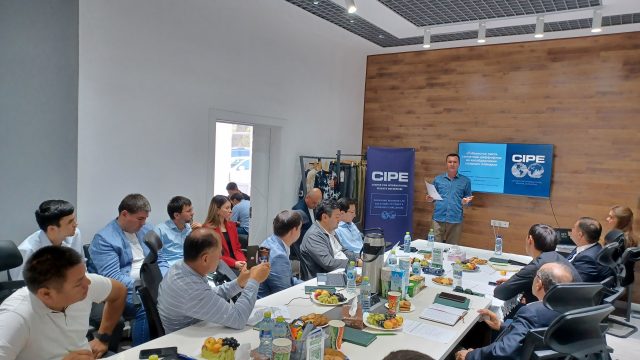
Another key objective of CIPE in this project is to create a textile business platform that promotes open communication, collaboration, and knowledge exchange among industry leaders and experts. Right before this year’s cotton harvest, CIPE hosted its first roundtable on supply chain compliance in Uzbekistan’s textile industry, bringing together employers from cotton-textile clusters to discuss key issues such as labor relations, compliance with labor standards, and the implementation of Uzbekistan’s new Labor Code. This collaborative setting allowed managers to exchange insights, address challenges, and explore solutions, such as the need for further staff training. Moreover, participants concluded that aligning with international labor standards and demonstrating compliance would attract global investment and foster a sustainable, mutually beneficial environment for both employers and workers.
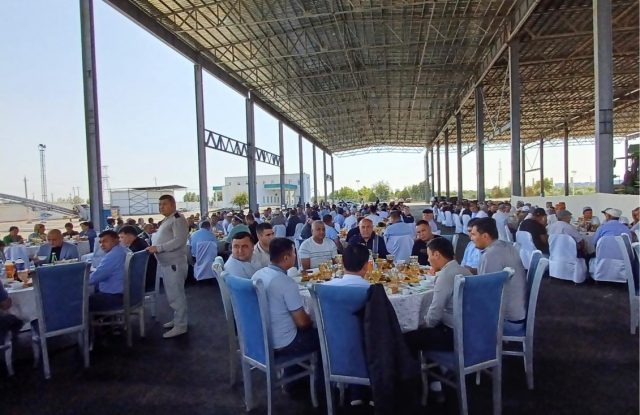
On September 20, 2024, CIPE and Solidarity Center visited the Samarkand Cotton Cluster (SCC) in Navbahor district to participate in their cotton harvest kick-off event, which brought together key industry stakeholders, including seasonal workers, community leaders, and SCC’s international partners. CIPE and Solidarity Center distributed informational leaflets, created at the request of the Ministry of Employment and Poverty Reduction, to both seasonal workers and employers to raise awareness of employee rights. During the event, CIPE Program Officer Oydin Sattarov delivered a keynote speech highlighting the importance of transparency and labor compliance, reinforcing the program’s commitment to ethical labor practices and worker protection.
CIPE’s Strategy for Capacity Building and Compliance
CIPE plans to provide ongoing support to Uzbekistan’s cotton industry by improving sustainability, compliance, and capacity building. A primary focus will be continuous training for industry managers, workers, and stakeholders, covering critical topics such as labor rights, corporate governance, and compliance with international standards.
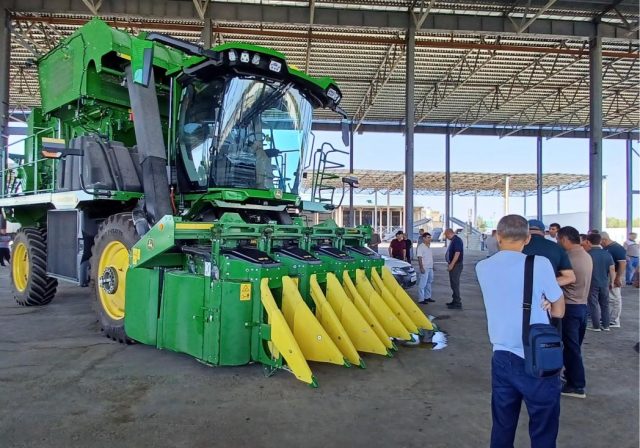
CIPE also aims to strengthen corporate governance by promoting the adoption of robust governance frameworks that enforce transparency and anti-corruption measures. This is essential not only for building local credibility but also for attracting international investors. By facilitating roundtables and discussions, CIPE will help align industry business practices with global labor standards, ensuring compliance with Uzbekistan’s new Labor Code and meeting international brand requirements while safeguarding workers’ rights.
To foster collaboration, CIPE will continue strengthening partnerships between local cotton clusters, government agencies, and international organizations. This collective approach is key to driving reform and sustainable development within the sector. By providing expertise and support in facilitating these collaborative platforms, CIPE aims to ensure the long-term success of Uzbekistan’s cotton industry, built on ethical practices and a transparent, accountable market that meets international expectations. A new blog by Solidarity Center includes additional details about how it and CIPE are working with local partners.
Funding is provided by the United States Department of Labor under cooperative agreement number IL-38908-22-75-K, through a sub-award from the Solidarity Center. 100% of the total costs of the project or program is financed with federal funds, for a total of $1,018,814. This material does not necessarily reflect the views or policies of the United States Department of Labor, nor does mention of trade names, commercial products, or organizations imply endorsement by the United States Government.
Published Date: October 09, 2024
